Freemasonry is an international Brotherhood that is amongst the oldest of fraternities still in existence. Masons are a society 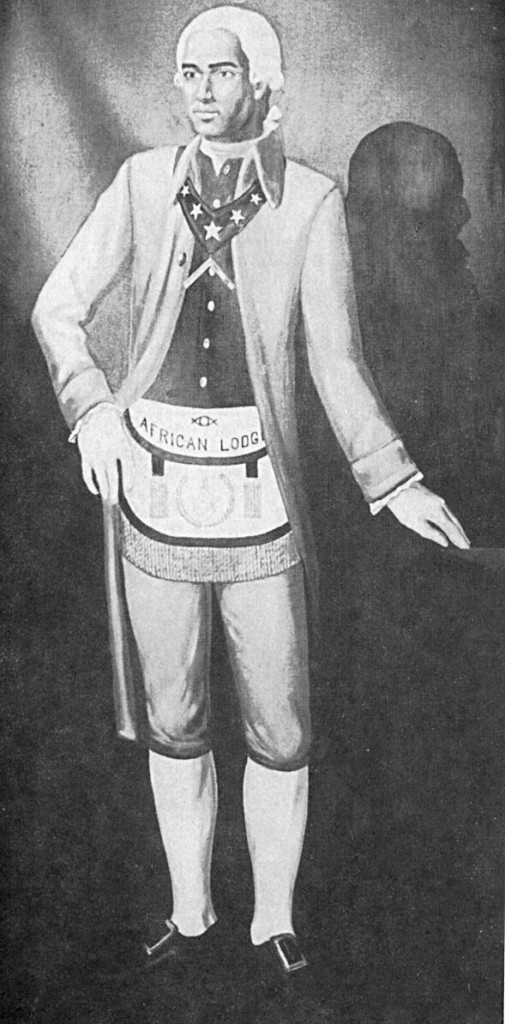 of men that are devoted to several ideals, among which are liberty, peace, and equality. The Masons admit men regardless of race, creed, color, faith or nationality; and the standards of behaviors set forth by the organization hold the members to what can be considered the Golden Rule – treat others as you would want to be treated.
of men that are devoted to several ideals, among which are liberty, peace, and equality. The Masons admit men regardless of race, creed, color, faith or nationality; and the standards of behaviors set forth by the organization hold the members to what can be considered the Golden Rule – treat others as you would want to be treated.
African-American Freemasonry
During the eighteenth century the ideals set forth by the Freemasons were particularly desired by groups of people who had experienced less than equality, peace, and liberty. When it comes to Freemasonry, one such group of individuals were African-Americans. Racial divides were not only commonplace, but they were so significant that slavery and unequal treatment abounded, even in societies where slavery was technically illegal. During the late 1700s an individual emerged on the Freemasonry scene who would change the landscape of the organization, and find a way to use the ideas of the society to further equal rights among the races in America. This man was Prince Hall.
Who Was Prince Hall?
Prince Hall, a literate, free, black man in Massachusetts made many attempts to further the rights for African-Americans, including petitioning for legal rights for freed black slaves from the dangers of slave traders. He worked to abolish slavery and pushed for equal education among the races. In fact, Hall petitioned the Massachusetts Committee of Safety to allow blacks to fight with the colonies, but his petition was declined. England then proclaimed that if blacks fought with the British army that they would have their freedom at the end of the war.
As the Continental army saw this tactic working for the British when blacks begin enlisting with their army, they decided to reverse their earlier decision in which the Continental army removed its block on admission of blacks into the military. After the Revolutionary War, Hall continued his pursuits and proposed several pieces of legislation to better the lives of African-Americans in New England, reminding his white peers that African-Americans fought side by side for the pursuit of freedom from Britain. However, he soon saw that the sacrifices of his fellow black soldiers were not going to be valued as he had hoped. This did not deter him. He continued to be politically and socially active for the equal rights of blacks in the newly formed United States.
How Did Prince Hall Influence the Black Freemasons?
Even before the Revolutionary War, Prince Hall saw the Freemasonry society as a way to help further the rights for blacks in the New England area. He unsuccessfully lobbied for a charter along with fourteen other free black men into the Boston St. John’s Lodge. Some whites were incredulous that blacks would attempt such an application and admittance, so Hall began looking for other opportunities. On March 6, 1775, Hall and fifteen other free black men were accepted as members into Lodge No. 441 of the Grand Lodge of Ireland, which was attached to the British forces who were stationed in Boston at the time.
When the British Army left Boston just a year later, Hall and his fellow black Masons were left with little power in the Freemasonry society. Eventually in 1784, Hall was able to successfully petition to the Mother Grand Lodge of England in which he was granted the recognition of African Lodge No. 1 (later renamed to African Lodge no. 459). Hall was such an influential and positive leader of this group of Masons, that in 1791 he was named as Provincial Grand Master. Hall continued to utilize the principles of Freemasonry to further the pursuits of equality, establishing lodges in Rhode Island and Philadelphia.
The influence of Prince Hall through Freemasonry still lives on today. His original set of guidelines and rules written for his first local lodge were some of the first formal regulations established for blacks that allowed for self-government in the newly formed United States. Hall’s tombstone in Boston reads: Here lies ye body of Prince Hall, first Grand Master of the colored Grand Lodge in Mass. Died Dec.7, 1807
Black Freemasons Throughout History
Prince Hall helped to open the doors to Freemasonry for other African-Americans. Some of those who claimed membership to the organization include:
* Nat King Cole – legendary musician
* W.E.B. Du Bois – Educator and Historian
* Thurgood Marshall – first African-American member of the Supreme Court
* Kwesi Mfume – former NAACP President
* Shaquille O’Neal – basketball player
* Scottie Pippin – basketball player
This image below is from Mt. Nebo 67 Prince Hall F&AM
From the Grand Lodge of Scotland;
Recent research carried out by the Curator of the Grand Lodge of Scotland Museum and Library, Robert Cooper, has established that the Masons blazed a trail in the field of race relations – a trail they pursue to this day.
Cooper has discovered a remarkable photograph what shows that Freemasons in Scotland’s capital, Edinburgh, were welcoming black men exactly 100 years ago. The photograph shows 10 black men, all members of the Williams & Walker Co, a touring vaudeville act after having been Initiated into Freemasonry in Lodge Waverley, No.597, on 2nd May 1904. They were subsequently Passed on 16th May and Raised on 1st June of that year. “The principals of Freemasonry”, said Cooper, “dictate that there can be no discrimination on the grounds of race and this is but one example.” The picture, and many others, also showing black Freemasons, are held by the Grand Lodge Museum in the Masons’ George Street headquarters.

Moe is the founder of GnosticWarrior.com. He is a father, husband, author, martial arts black belt, and an expert in Gnosticism, the occult, and esotericism.

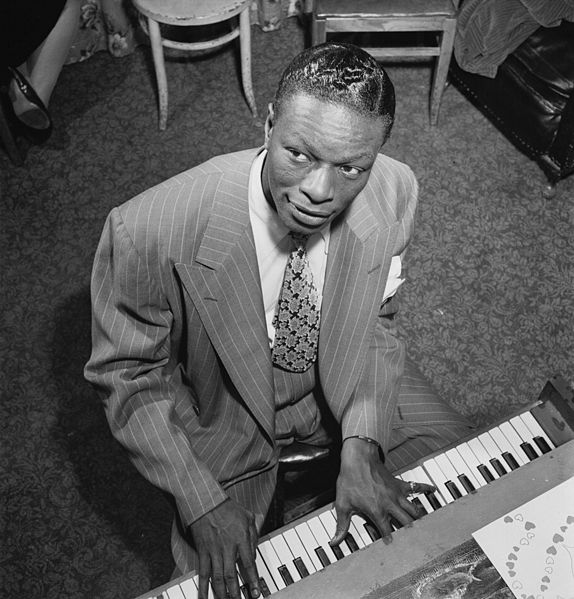
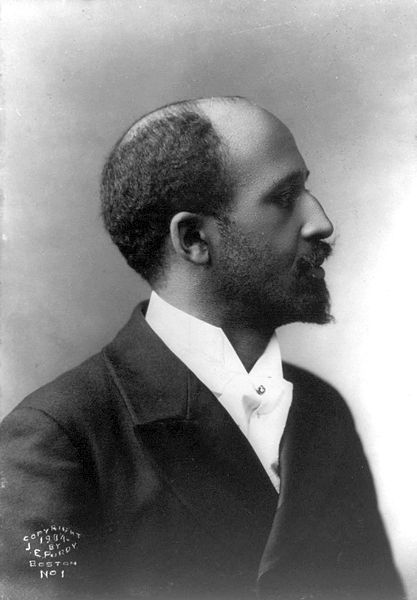
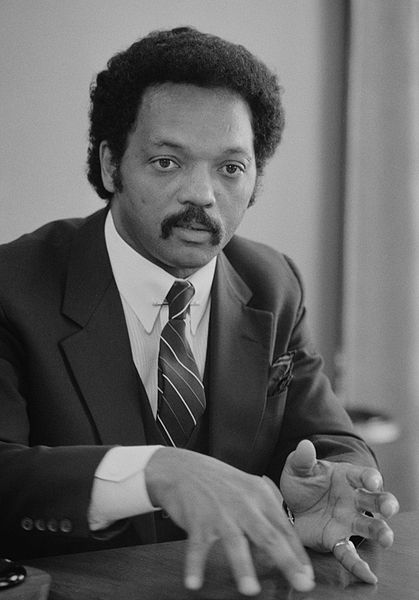
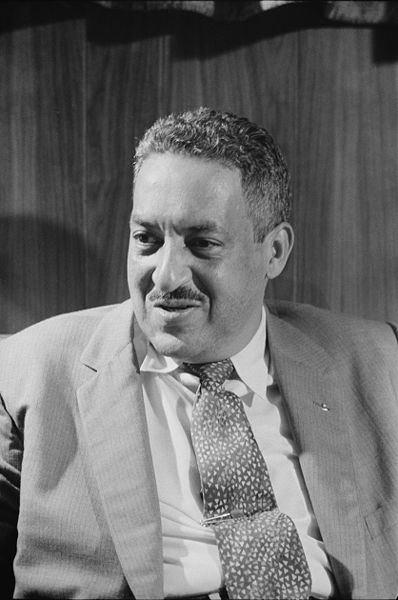
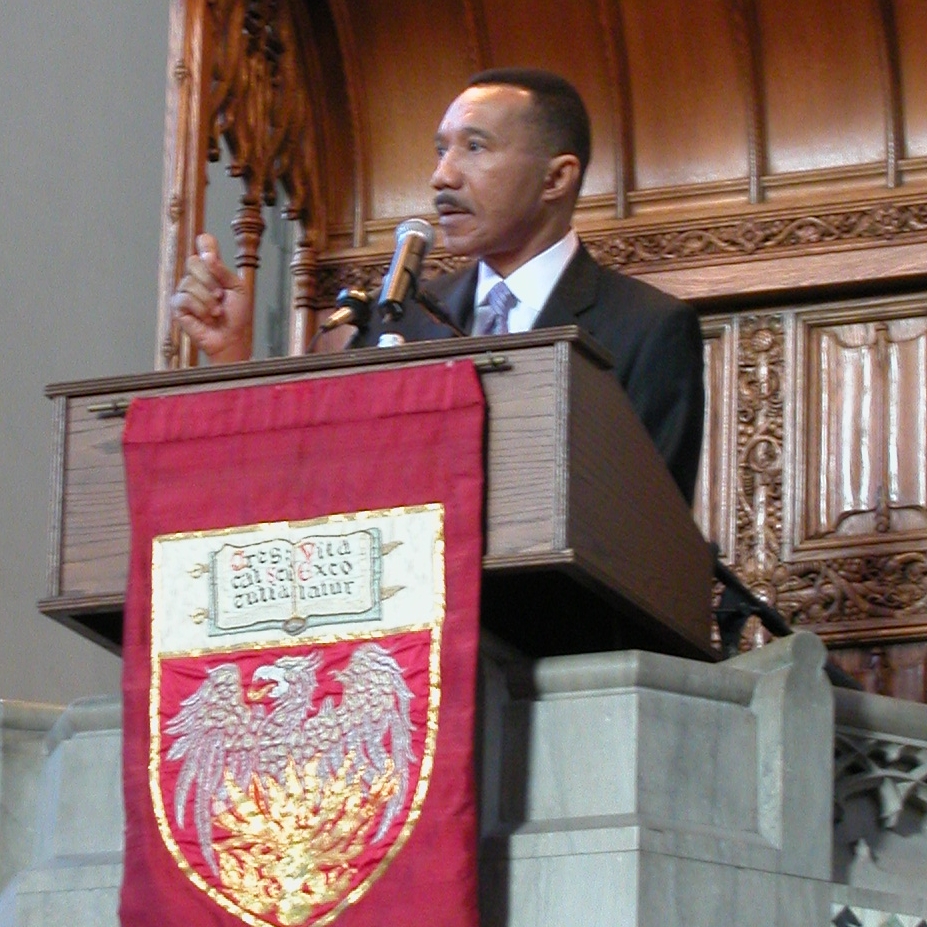
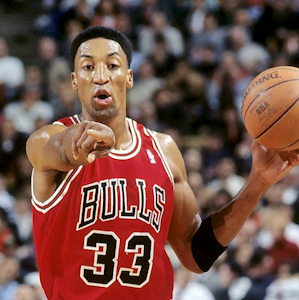
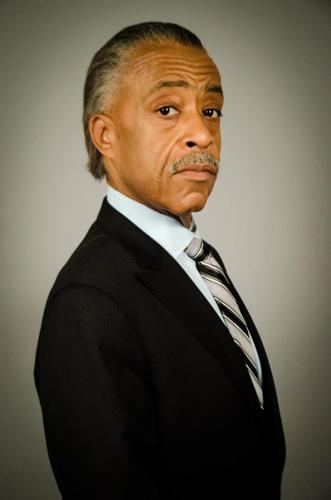
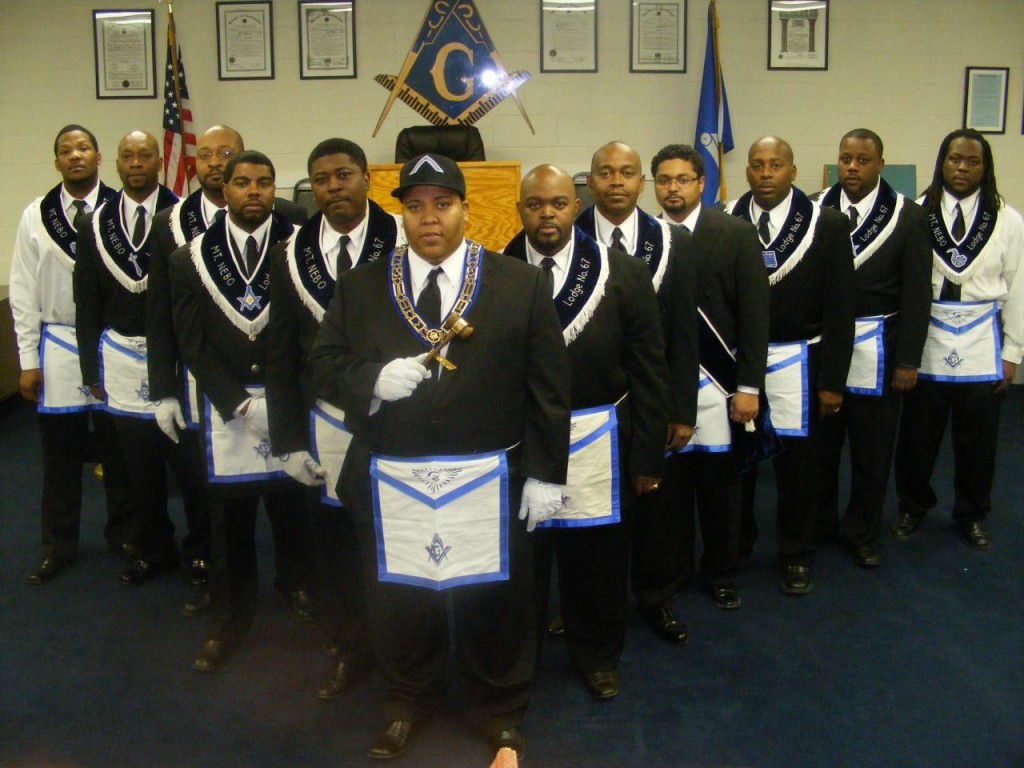
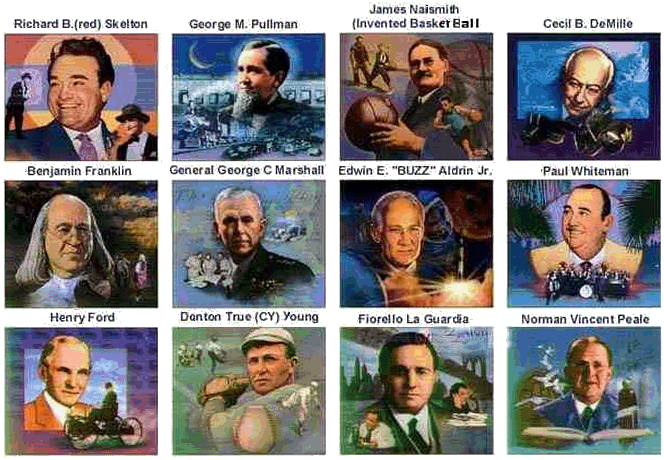

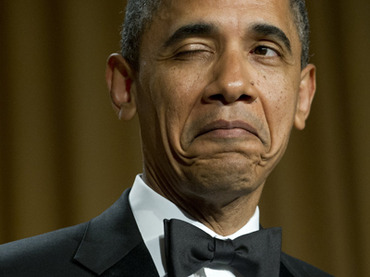
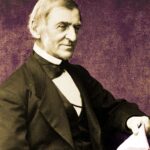
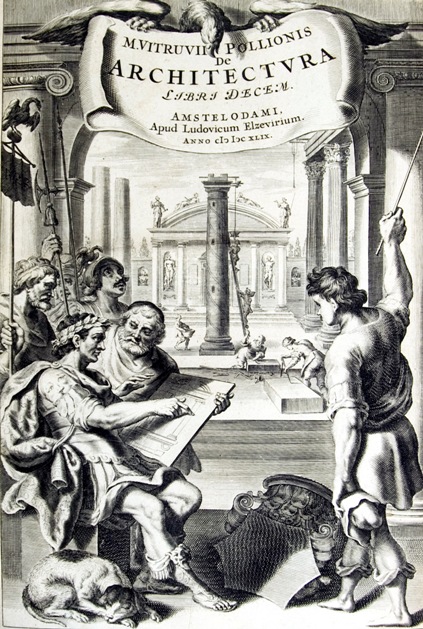
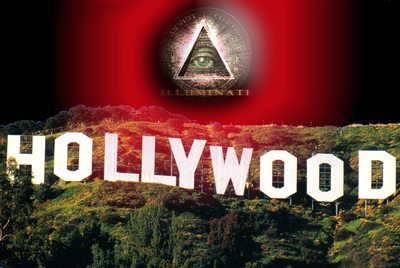

I want to definitely join.
My Name Is Levian Dockery,I am retired and I would like to join because I would like to learn more about the organzation
I’d love to know more about what is going on with this very old Sacred/Secret Society today.
All the best
Charles Allen-Anderson, M.A